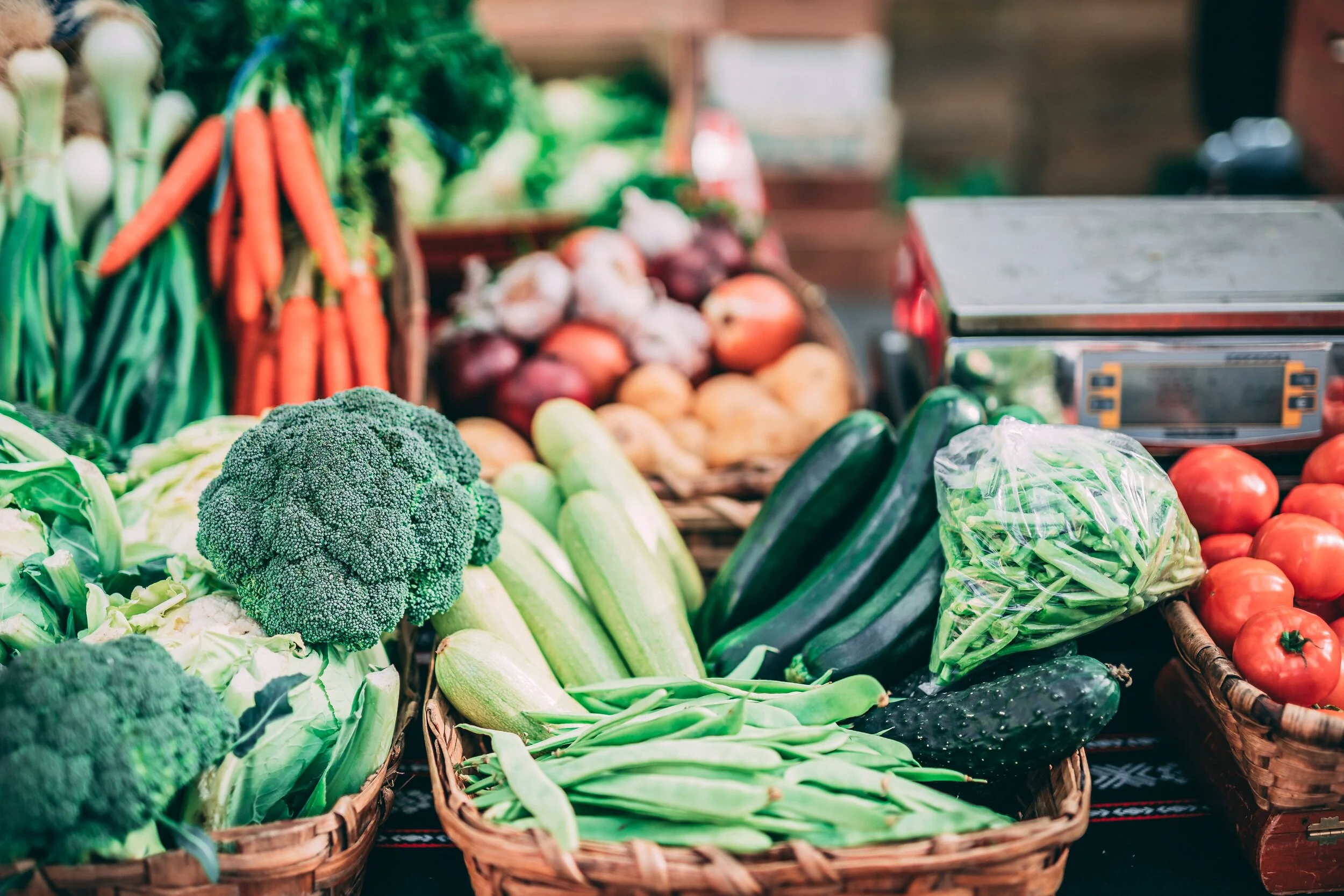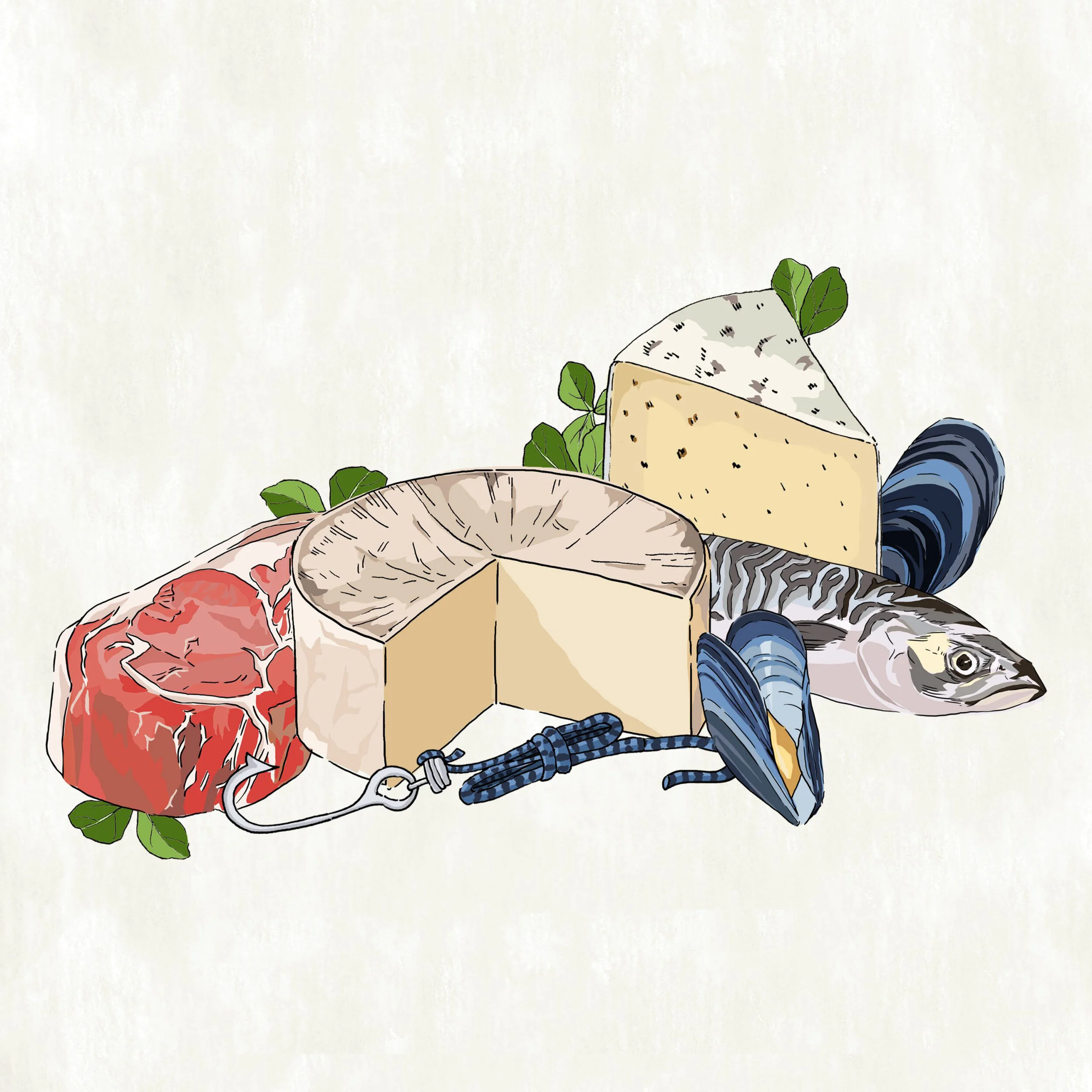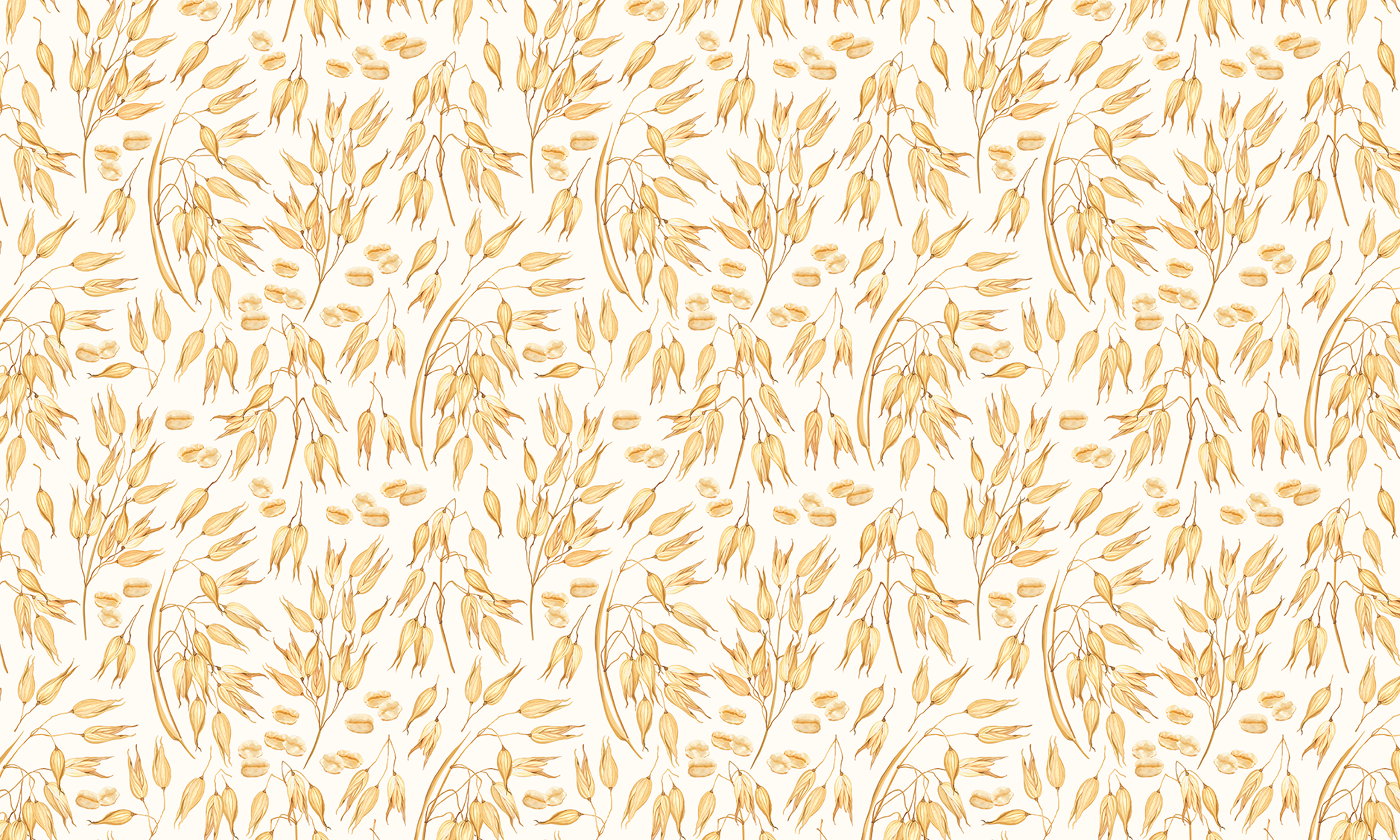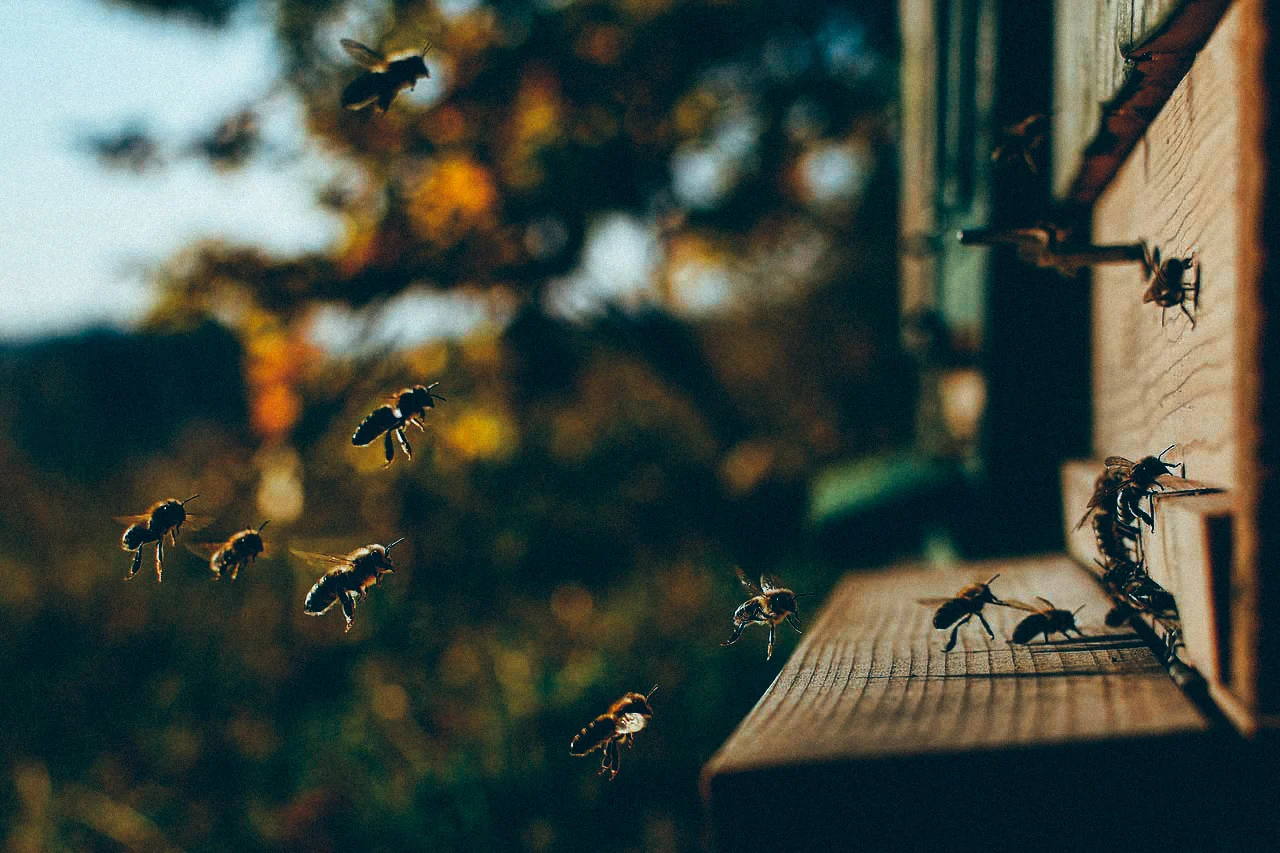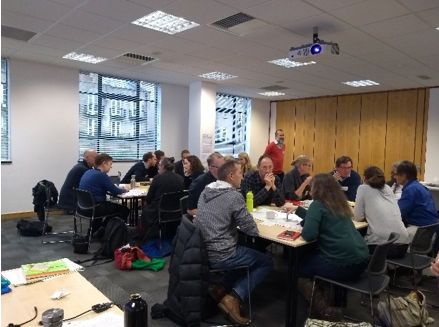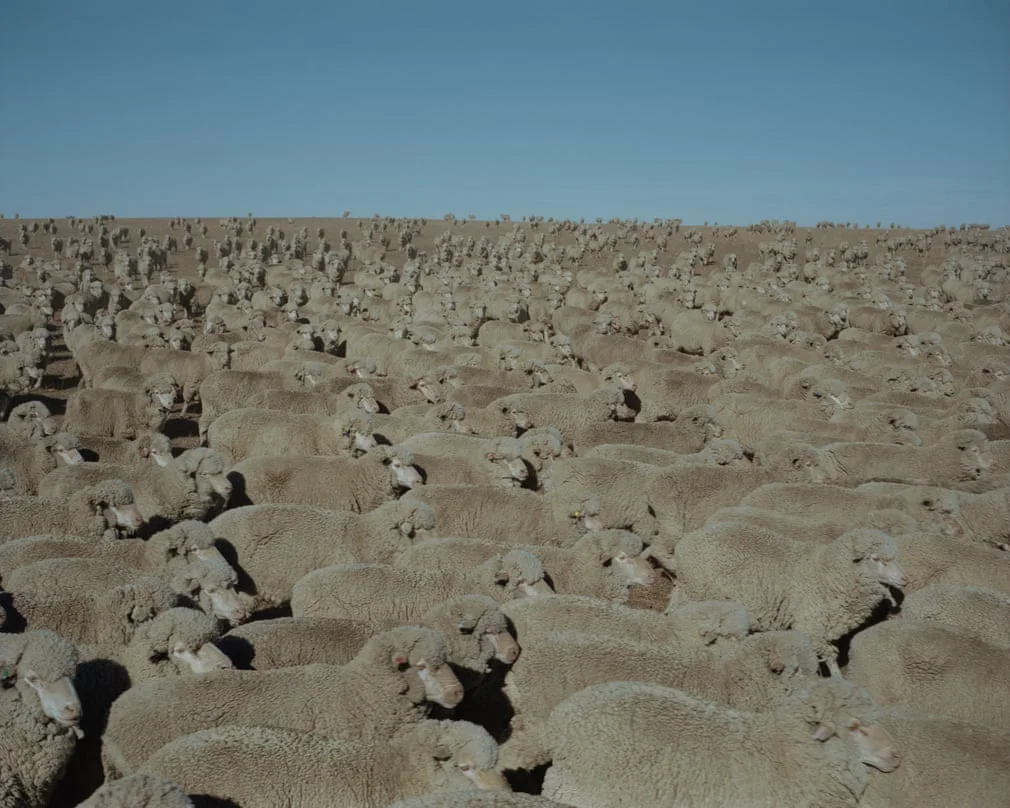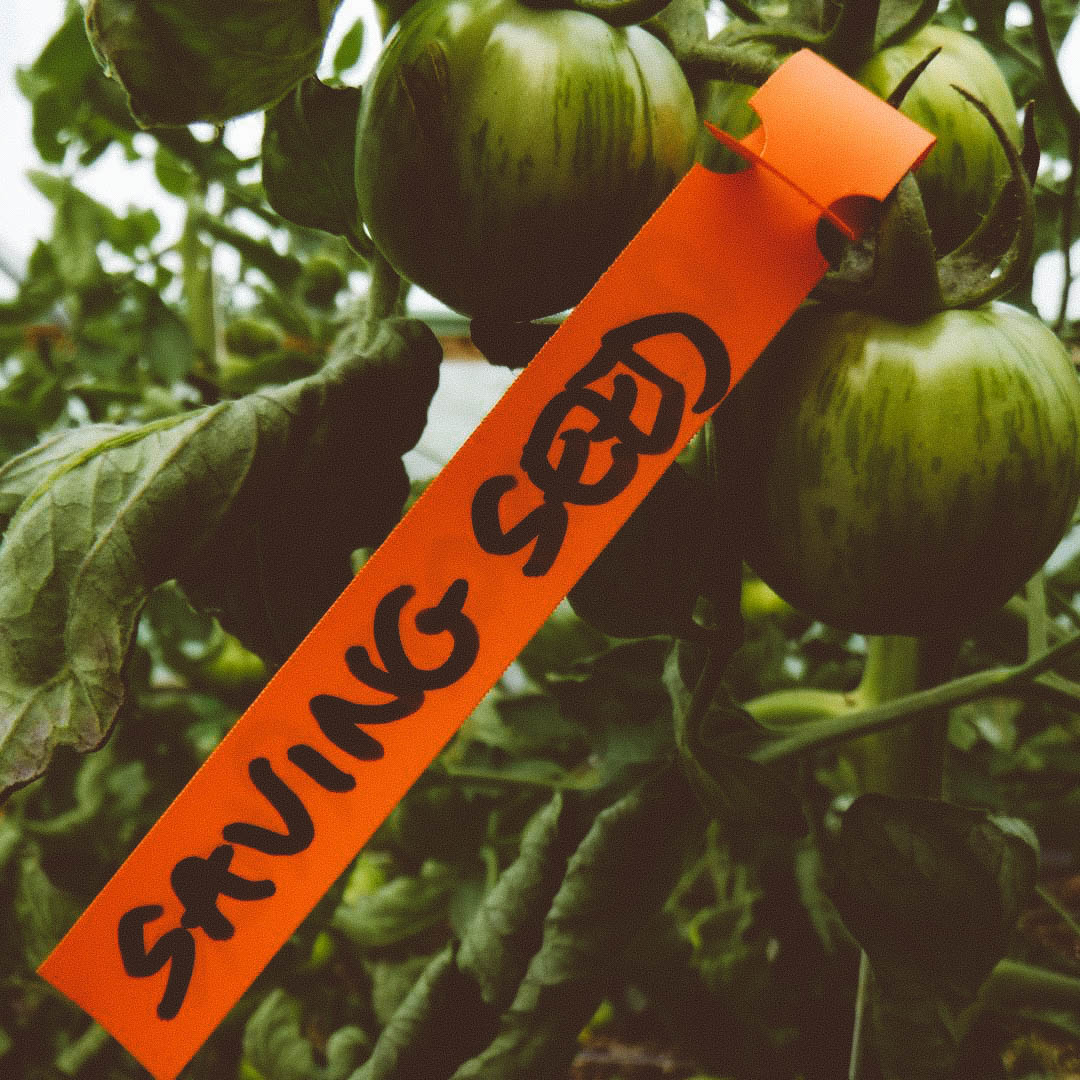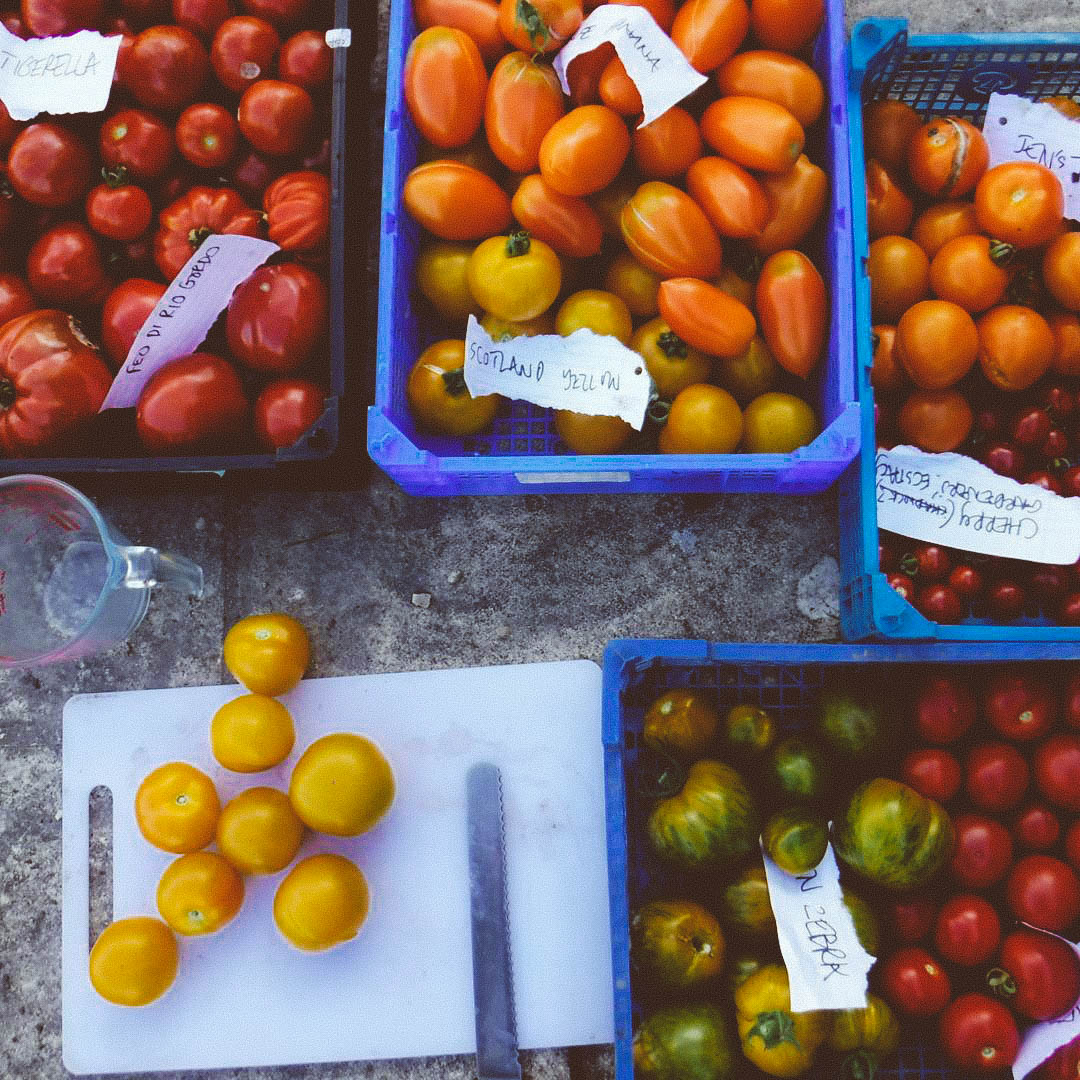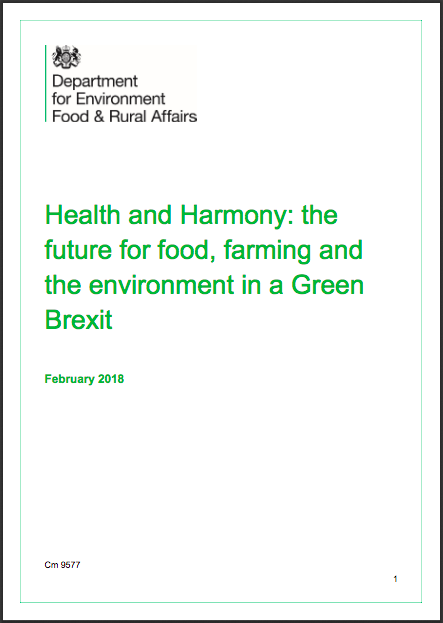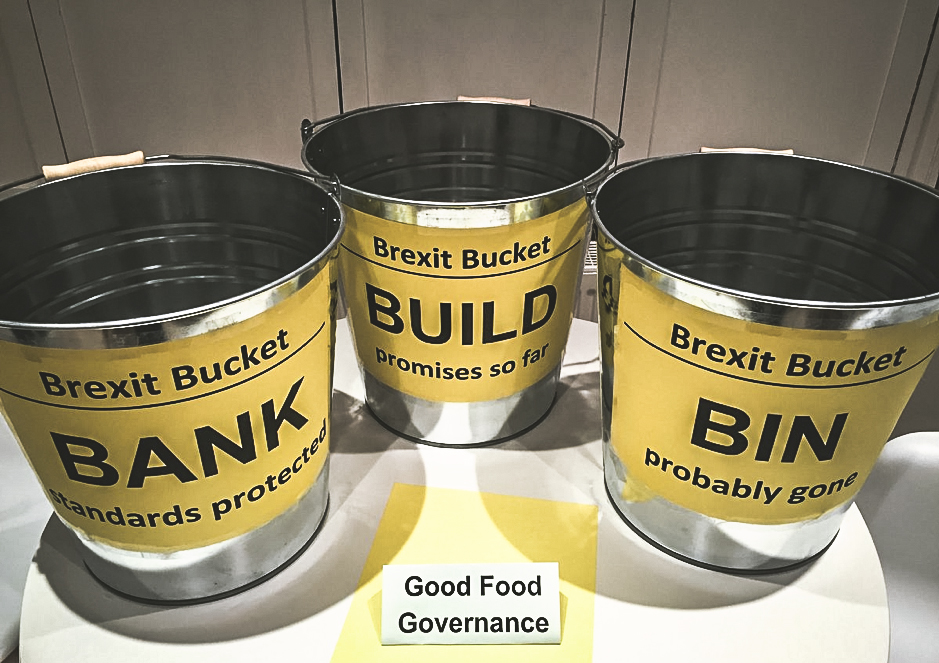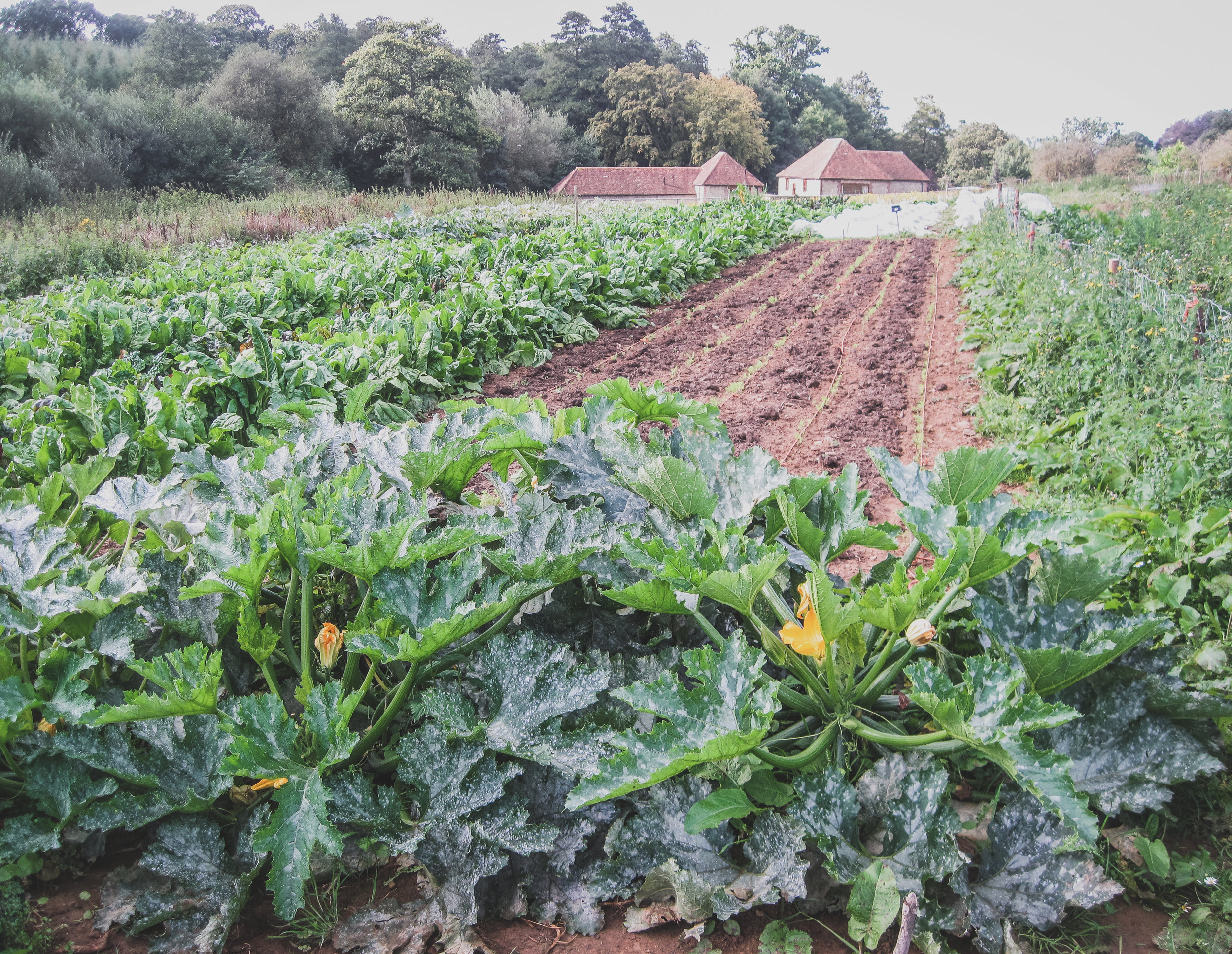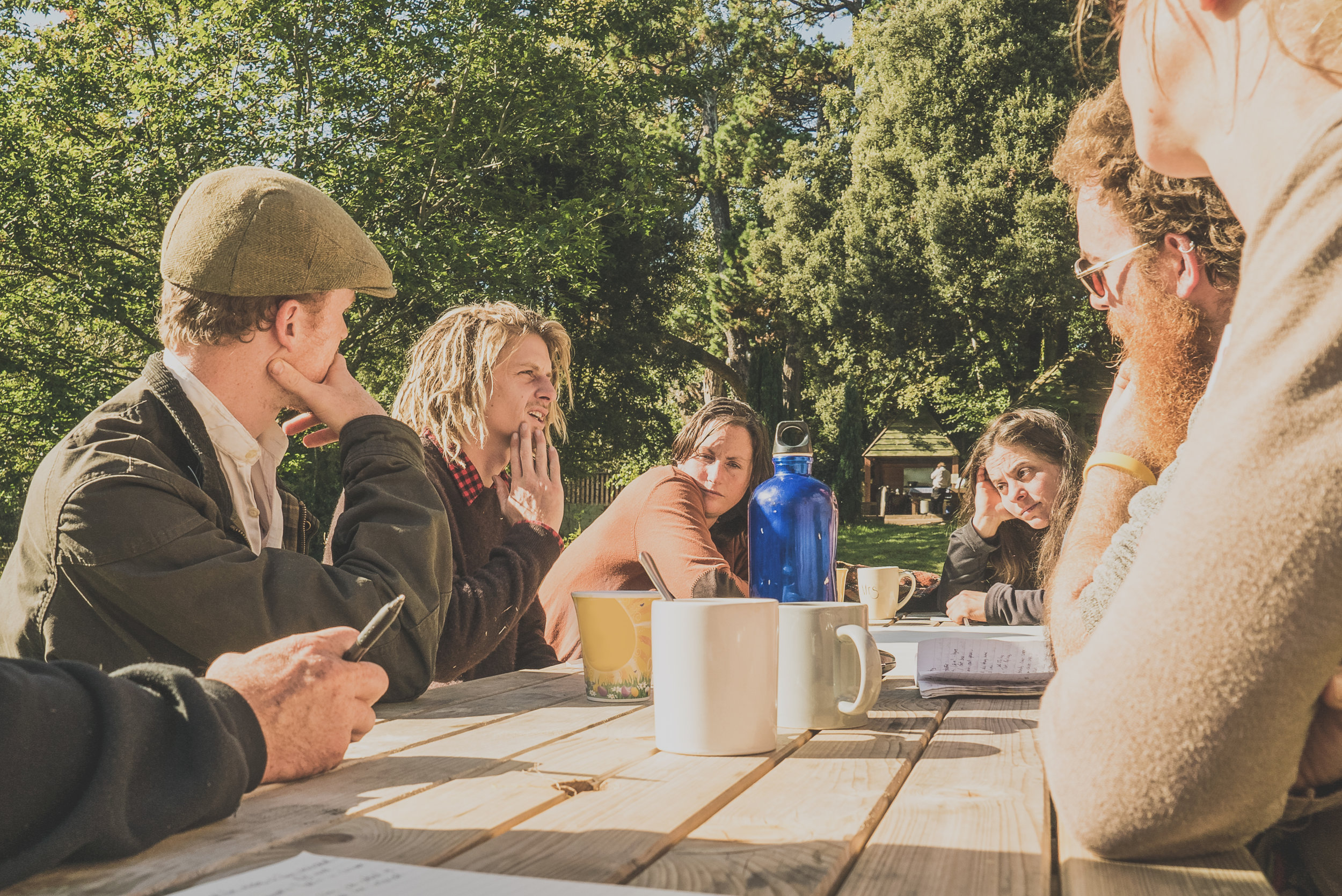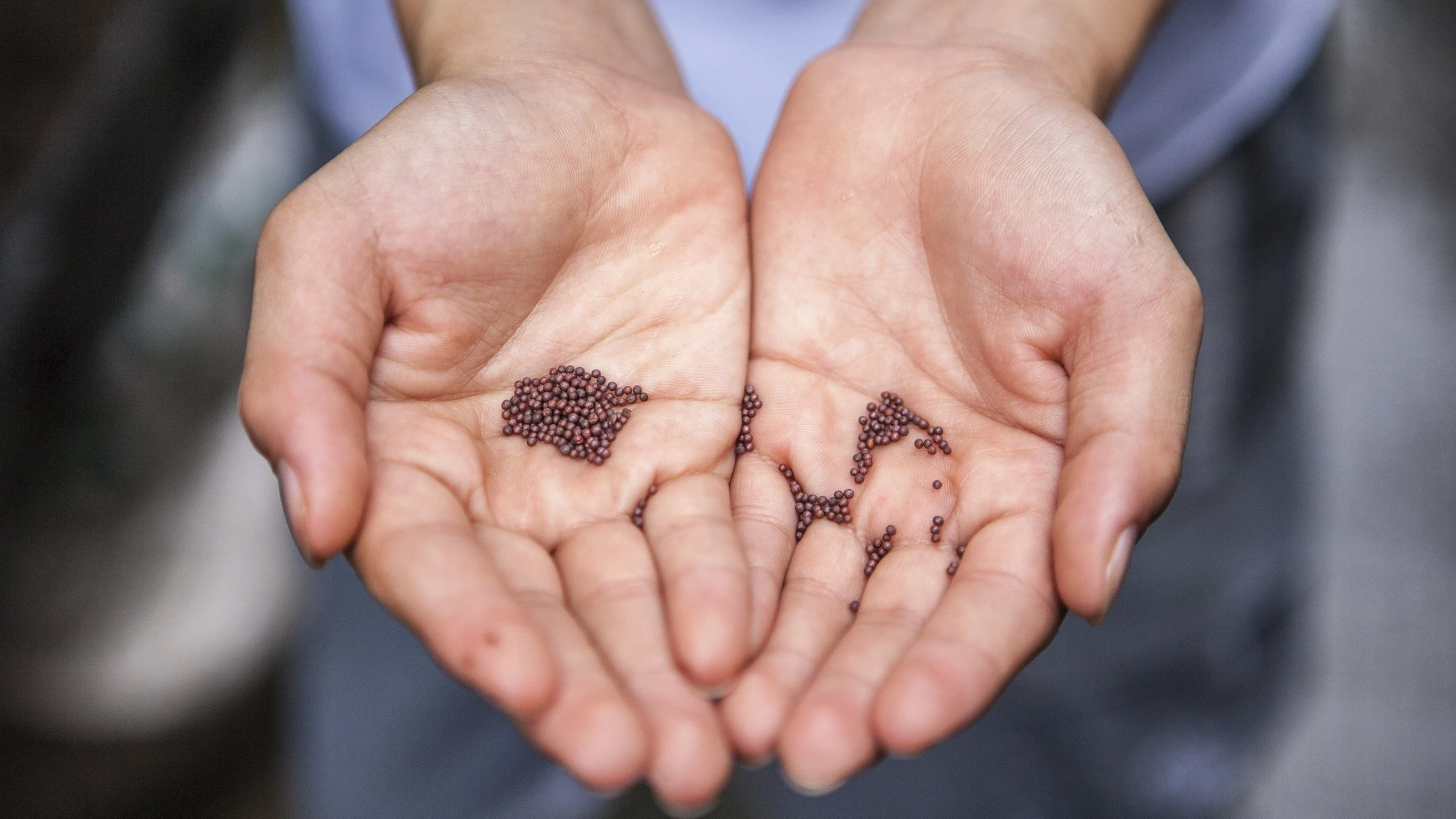Although much more research of this kind is needed, initial indications are encouraging - in terms of all the major food groups – macronutrients (the carbohydrates, proteins and fats), micronutrients (such as zinc, manganese, iron and copper) and phytonutrients (natural chemicals or compounds produced by plants which are believed to be beneficial to human health), the agroecological farming systems produced significantly higher levels. Similarly, research conducted by the Bionutrient Food Association found that the nutrient value of one leaf of spinach could vary by a factor of between 4 and 14, depending on a number of things, including the type of farming system.
The debate about whether or not food should be considered a ‘public good’ has been live over the last few years. The current consensus is that because food has a market value and is sold for profit, it should not be supported directly by the public purse. However, there is an argument that nutrition, and access to high quality nutrition should be. And if it could be shown that there really is such a degree of variance between the nutritional quality of products from different varieties and farming systems, at the very least this should be measured and communicated on food labels.
The Sustainable Food Trust has been considering this idea in the context of our work of catalysing the emergence of an international framework for measuring and valuing on-farm sustainability. Over the last four years, we have convened a group of farmers and land managers to lead a process of selecting categories and metrics to measure the sustainability of their farms. In addition to the more obvious indicators such as soil, water and air quality, nutrient management and plant and livestock husbandry, we have also been discussing the farming sector’s contribution to public health.
The UK currently has a significant opportunity to change the way farmers are rewarded by the government. Our view is that all policies should be targeted in a way that shifts the balance of financial advantage towards farming in a more sustainable way - producing healthy, nutritious food in harmony with the environment.
The SFT has been selected to run one of Defra’s ELM trials, during which we will be testing our proposals for introducing an annual sustainability assessment as a pre-requisite for farmers receiving public money, based on the metrics and indicators our aforementioned working group have pulled together.
One of the indicators we will be considering is ‘nutrition per acre’. This will involve working with the Bionutrient Food Association, Growing Food for Nutrition and the Real Food Campaign to help collect samples of both vegetables and the soil they are grown in, so they can be sent to a lab for nutrient density testing. Once this data set has been built up and calibrated, it’s possible that we could start using technology such as the handheld spectrometer to measure this. It might then be possible for governments to consider introducing incentives for farmers who are actively working to improve the nutrition of the food they are producing.
Although we aren’t yet able to easily measure food nutritional density without lab testing, it’s exciting to know that we could be soon. As such, the Sustainable Food Trust is committed to working with other organisations all over the world to develop the concept of nutrition per acre as a new measure of farming success.
If you would like to learn more about the Sustainable Food Trust’s work in this area and keep up to date with our progress, please see our website ad sign up to our newsletter here – https://sustainablefoodtrust.org/
For more information about the Bionutrient Food Association, please see their website here - https://bionutrient.org/site/
For more information about the Real Food Campaign and how to get involved, see here - https://realfoodcampaign.org


